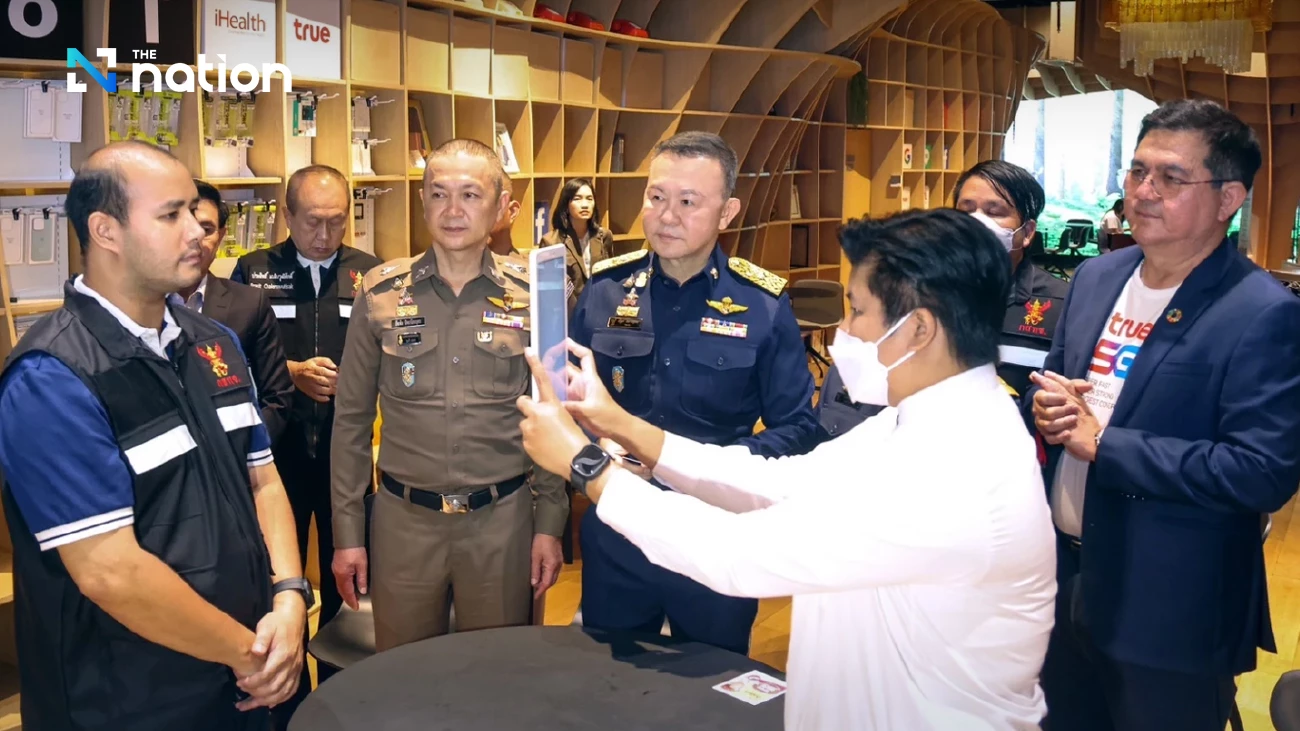Thai Mobile Operators to Implement Liveness Detection for SIM Registration: A Boost Against Fraud

Thailand's National Broadcasting and Telecommunications Commission (NBTC) is driving a significant shift in mobile SIM registration practices. Mobile network operators (MNOs) are now mandated to incorporate liveness detection technology into their verification processes. This move, announced recently, aims to bolster security and combat the escalating issues of identity theft and fraudulent activities linked to mobile SIM cards.
Why Liveness Detection? Liveness detection is a biometric authentication method that verifies that a real person is present during the SIM registration process. Unlike traditional methods relying solely on ID document scanning, liveness detection employs techniques like facial recognition, motion analysis, and challenge-response interactions to confirm the person appearing in the image or video is actually alive and not a photograph, video recording, or a deepfake.
The NBTC's Stance & the Problem it Addresses: The NBTC's decision comes in response to growing concerns about the misuse of SIM cards for illegal activities, including financial fraud, scams, and even criminal operations. Previously, SIM registration relied heavily on presenting a national ID card, a process vulnerable to forgery and exploitation. The implementation of liveness detection adds a crucial layer of security, making it significantly more difficult for fraudsters to impersonate individuals and register SIM cards under false pretenses.
How it Will Work for Consumers: The exact implementation details may vary slightly between operators, but generally, customers registering a new SIM or updating an existing one will be required to complete a short liveness check. This could involve looking at the camera, performing simple gestures, or responding to visual prompts – all designed to ensure a genuine person is present. The process is intended to be quick and user-friendly, minimizing disruption to the registration experience.
Impact on Mobile Operators: Implementing liveness detection requires operators to invest in new technology, infrastructure, and training. However, the long-term benefits – reduced fraud, enhanced customer trust, and compliance with regulatory requirements – are expected to outweigh the initial costs. Furthermore, this move positions Thailand as a leader in adopting advanced security measures in the telecommunications sector.
Beyond SIM Registration: Future Implications The adoption of liveness detection isn't limited to SIM registration. This technology has broader applications in various sectors, including banking, e-commerce, and government services, where secure identity verification is paramount. The experience gained through SIM registration implementation will likely pave the way for wider adoption of liveness detection across the Thai digital landscape.
The NBTC's initiative marks a proactive step towards safeguarding the integrity of Thailand's mobile communications network and protecting consumers from the harms of identity fraud. As technology evolves, the commitment to robust security measures remains essential for a thriving and trustworthy digital ecosystem.





